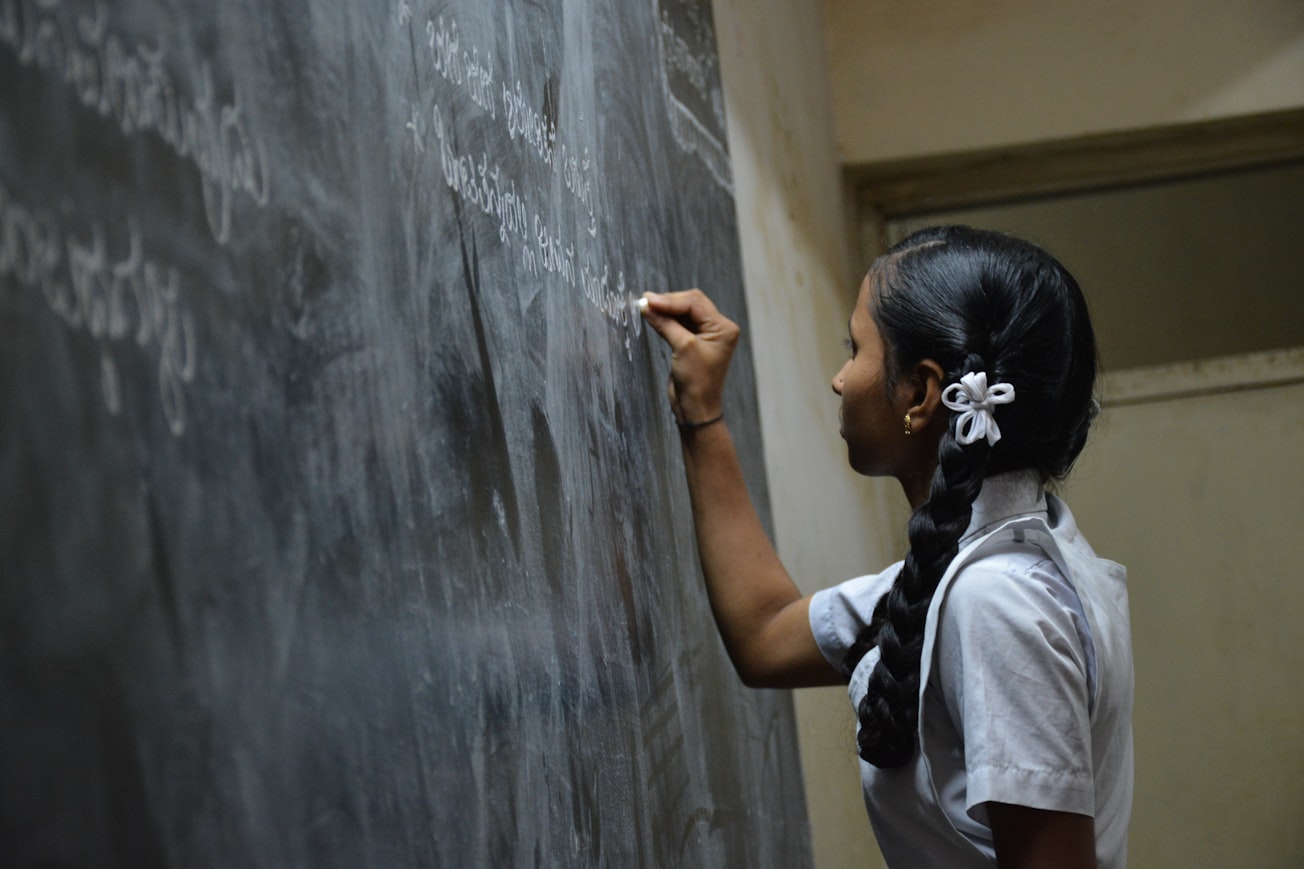What is it about?
The belief that one's talents and abilities can be developed, or what scholars call a growth mindset, is a powerful stimulant to learning. We show that the mindset loses its luster in facilitating learning and performance in environments with limited upward mobility for disadvantaged learners. This pattern is observed across existing educational systems as well as lab-constructed environments.
Featured Image

Photo by Nikhita S on Unsplash
Why is it important?
Recent debates about the failure of the education system in uplifting the disadvantaged have focused on the implications for social justice and stability. Learners’ psychology is understudied. Our study shows that stunted upward mobility in a learning environment incurs costs to individuals’ active learning and development by reducing the potency of adaptive beliefs.
Perspectives
I have always wondered how individuals' personal striving is influenced by the features of the broader education system. Our findings answer a piece of the puzzle. By showing that environments with low mobility reduce the benefits of beliefs in personal growth, it impresses on me, and hopefully anyone who reads the paper, the need to galvanize the upward mobility of the disadvantaged. The extent to which the disadvantaged can thrive in our educational and social systems has ramifications for everybody.
Lile Jia
National University of Singapore
I believe the findings reiterate and reinforce past assertions that mindsets are not "magic bullets" that will work across all contexts. With the recent upscaling of mindset interventions for administration to large populations of students, we should be mindful to consider the mobility of the environment, lest we invest in these resource-intensive programs with suboptimal returns. In other words, careful consideration should be placed on contextual factors in order to maximize the chances that an intervention will succeed in promoting academic achievement and in uplifting the disadvantaged.
Chun Hui Lim
National University of Singapore
As humans, we have a natural tendency to focus on personality-based explanations for observed behaviours in others (since the situational factors faced by others are less visible to us). In our studies, we elucidate one pathway how a situational factor (i.e. mobility) may affect disadvantaged individuals. I hope that our findings can contribute towards creating a more compassionate society via an increased awareness and understanding of the circumstances those of us who are less fortunate are living with.
Yia Chin Tan
National University of Singapore
Read the Original
This page is a summary of: Stunted upward mobility in a learning environment reduces the academic benefits of growth mindsets, Proceedings of the National Academy of Sciences, March 2021, Proceedings of the National Academy of Sciences,
DOI: 10.1073/pnas.2011832118.
You can read the full text:
Contributors
The following have contributed to this page










